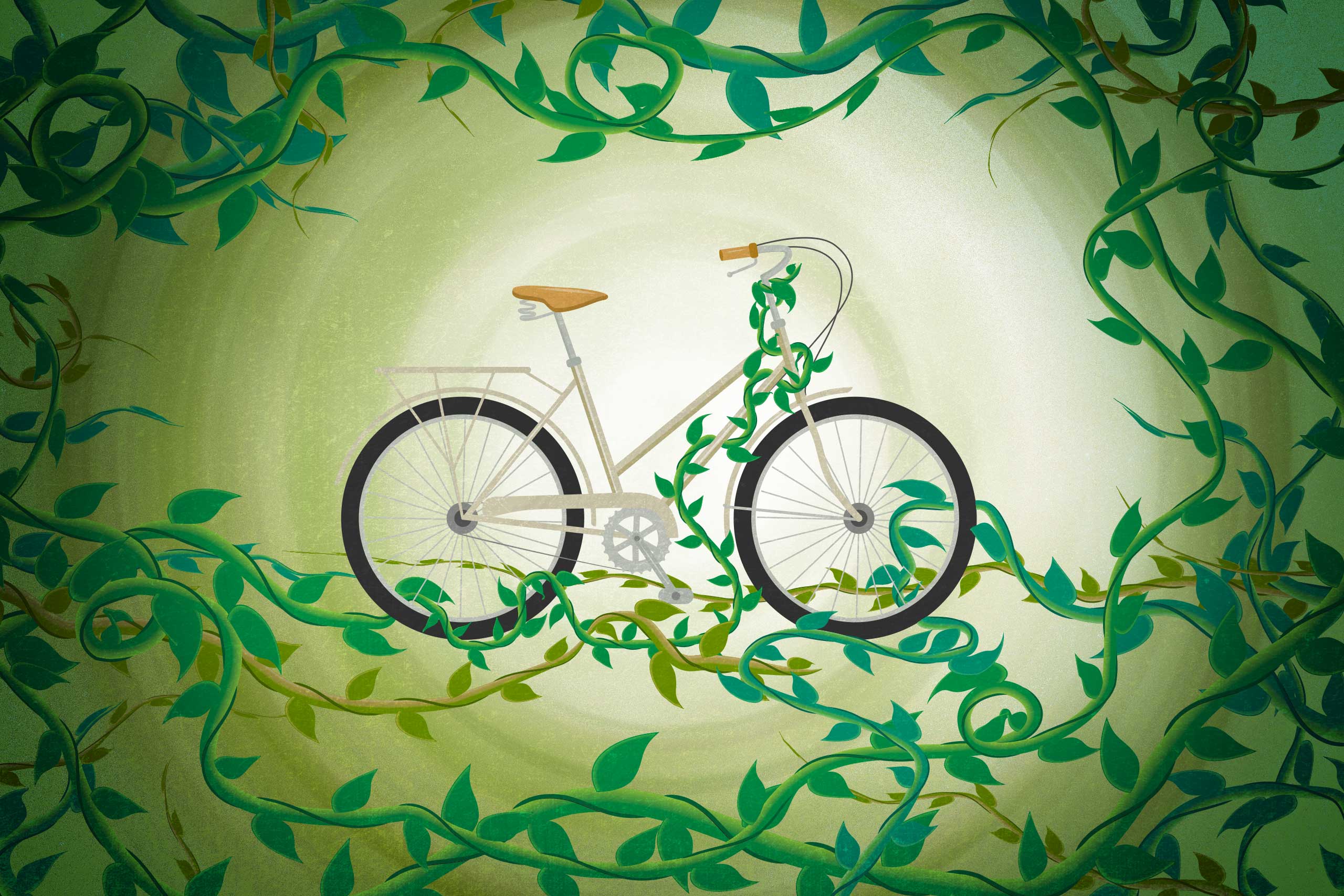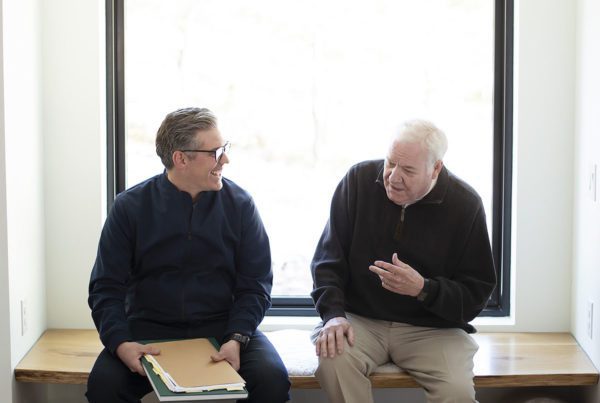by Emily Stroble
As I wobbled on my new bicycle, my dad encouraged me: “Once you get it, you’ll never forget how to ride.”
And then one day, I did “get it.” I flew down the street. I was free. I could go anywhere. Until I hit the parked car.
As I soared around a curve in the road, I lost control, forgot how to brake, and careened into the back bumper so hard that my body slammed into my handlebars. My dad came running.
“I couldn’t stop,” I cried. Shaken and hurting, I told my dad I didn’t want to ride anymore. The fear and embarrassment of falling grew so large in my mind that I was willing to give up the freedom of sailing down the street on a summer evening. But my dad made me get back on the bike.
Fear and shame — these brambles grow wild quickly, choking out the good seedlings of freedom.
Jesus promises in John 8:36 that “if the Son sets you free, you will be free indeed.” Yet even a Christian can follow the beckoning hand of an old temptation. Even a Christian can feel dogged by fears and shame that they thought they had left behind. The vines of pain, anger, and despair creep up from where their roots wind deep around a broken world. And it would be easy for a briar-strangled heart to ask: “Wait, doesn’t Jesus change everything?”
If freedom is the evidence of salvation, but I don’t feel free, does salvation through Jesus really change everything?
Lives are transformed by the gospel; they number in the thousands daily. The cost of lives offered in martyrdom and lifetimes given in unsung service is also great. In a world of brokenness, violence, suffering, and profound need, we’re preaching Christ and him crucified. And that whole, incredible Christian claim hangs on the simple belief that Jesus is the answer to the great mess of the world, that Jesus changes everything.
Fear and shame — these brambles grow wild quickly, choking out the good seedlings of freedom.
My dad said, “once you learn how to ride a bike, you can’t forget.” Perhaps it would be more true to say that a bike always works the same way. A tumble does not evidence a flaw or ineffectiveness in the bike. However often you fall off, the bike will continue to function on the same principles you first learned. If we pedal, we move forward. If we brake, we stop. Every time we use the bike, we can experience the freedom of mobility it provides.
The love of Jesus always “works.” If we stumble or become overwhelmed by the world’s brokenness, the truth and love of Jesus remains the same gospel we first learned. Our sin-debt is paid through sacrifice. Our shame is covered by belovedness. Our fear is proved powerless by faithfulness. Not just once, in the moment of a special prayer, but forever. Every time we trust and abide, we experience freedom.
As Jesus says earlier in John 8: “If you hold to my teaching… You shall know the truth, and the truth shall set you free.” The truth and love of Jesus don’t change. But, as we abide in that truth and love, it truly, consistently, always changes us.


















